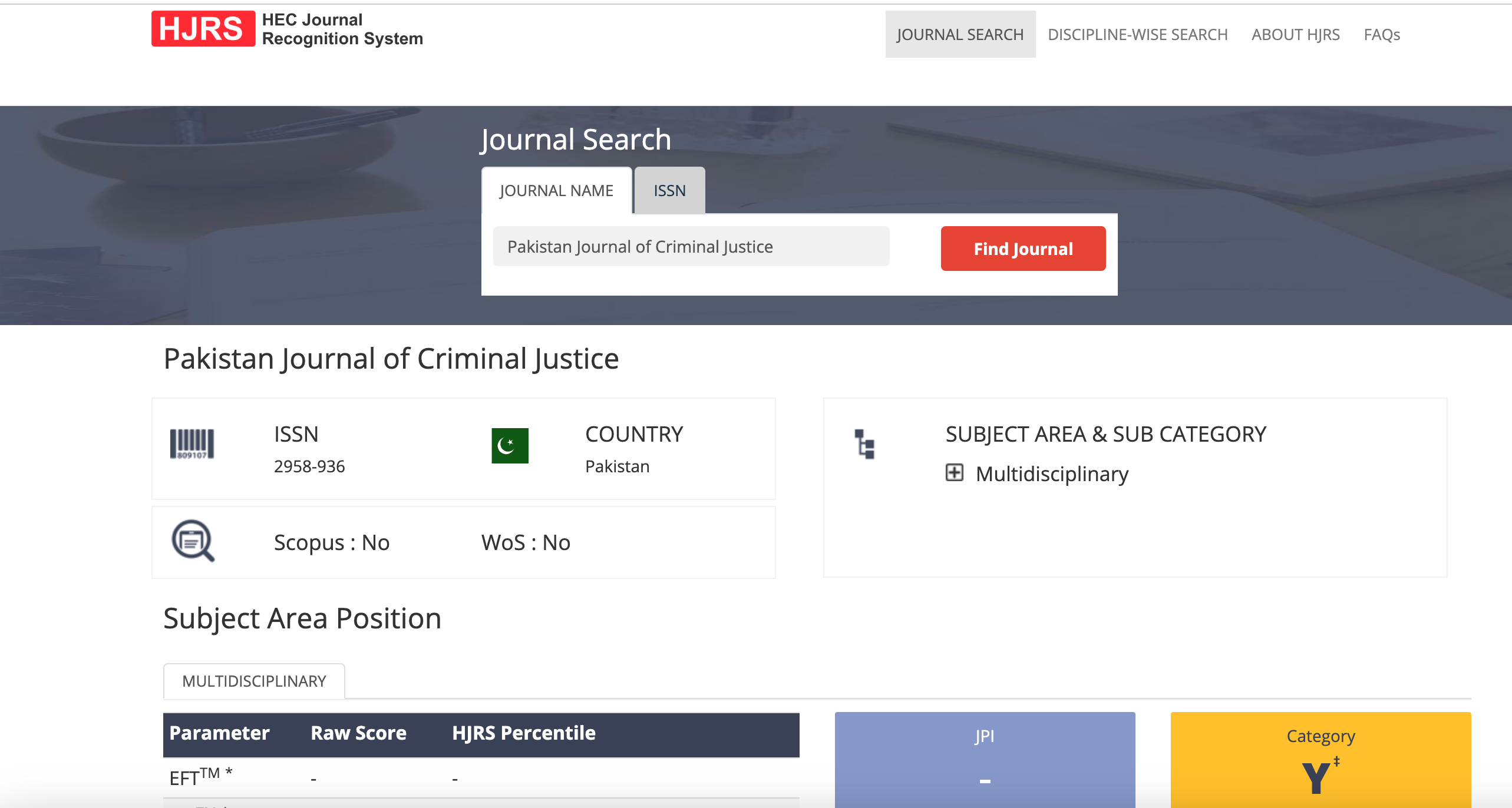An Examination of Evolving Concerns, Obstacles, and Prospects in Relation to Pollution in the Marine Environment
DOI:
https://doi.org/10.62585/pjcj.v3i1.28Keywords:
environmental rules, pollution escalation, toxic compounds, resource preservationAbstract
This article looks at how current regulatory tools may be used to successfully limit and reduce marine pollution. The urgent problem of marine pollution and its destructive effects on marine ecosystems and marine animals needs our immediate attention. In light of these concerns, legislative frameworks at the national and international levels have been established to control or eliminate marine pollution. Despite this, marine pollution is a widespread problem that has a chilling effect on the maritime economy. It's important to emphasize that marine pollution is seldom addressed until it has disastrous consequences. To better understand how effective current frameworks are in reducing marine pollution, this article analyses how they operate. To prevent the appearance of the disastrous detrimental effects of hazardous substances, it thinks that preventative steps should be adopted to ensure compliance with these criteria. Importantly, the article underscores the tendency for attention to be directed towards marine pollution only when its consequences become catastrophic. To comprehensively assess the effectiveness of current regulatory frameworks in curbing marine pollution, this study meticulously analyzes their operational dynamics. It contends that a proactive approach, focused on preventive measures to ensure compliance with established criteria, is imperative to avert the disastrous effects of hazardous substances and promote a sustainable marine environment.
Downloads
Published
How to Cite
Issue
Section
License
Copyright (c) 2023 Dr. Rehman Akhtar, Khurram Baig, Dr. Malik Zia-ud-Din, Hafiz Syed Shoaib Altaf

This work is licensed under a Creative Commons Attribution-NonCommercial 4.0 International License.





